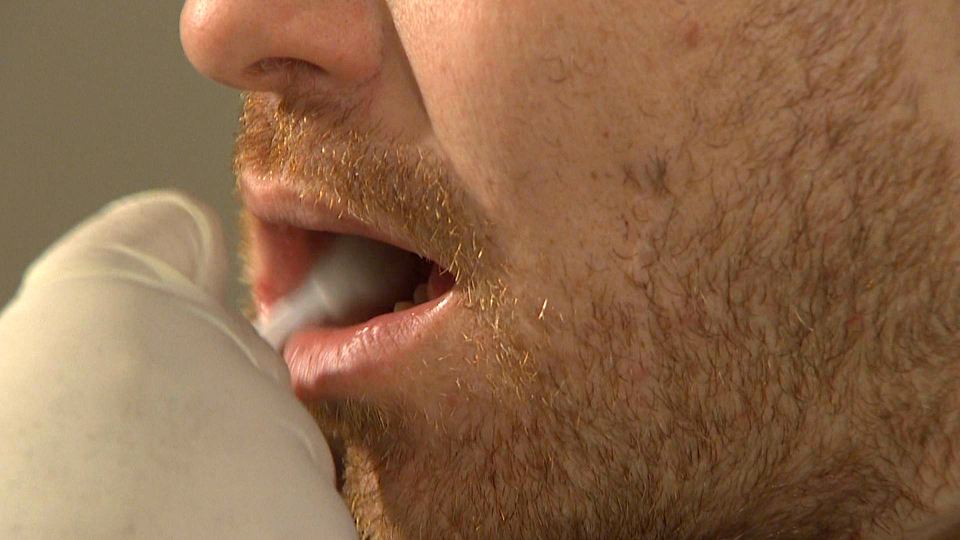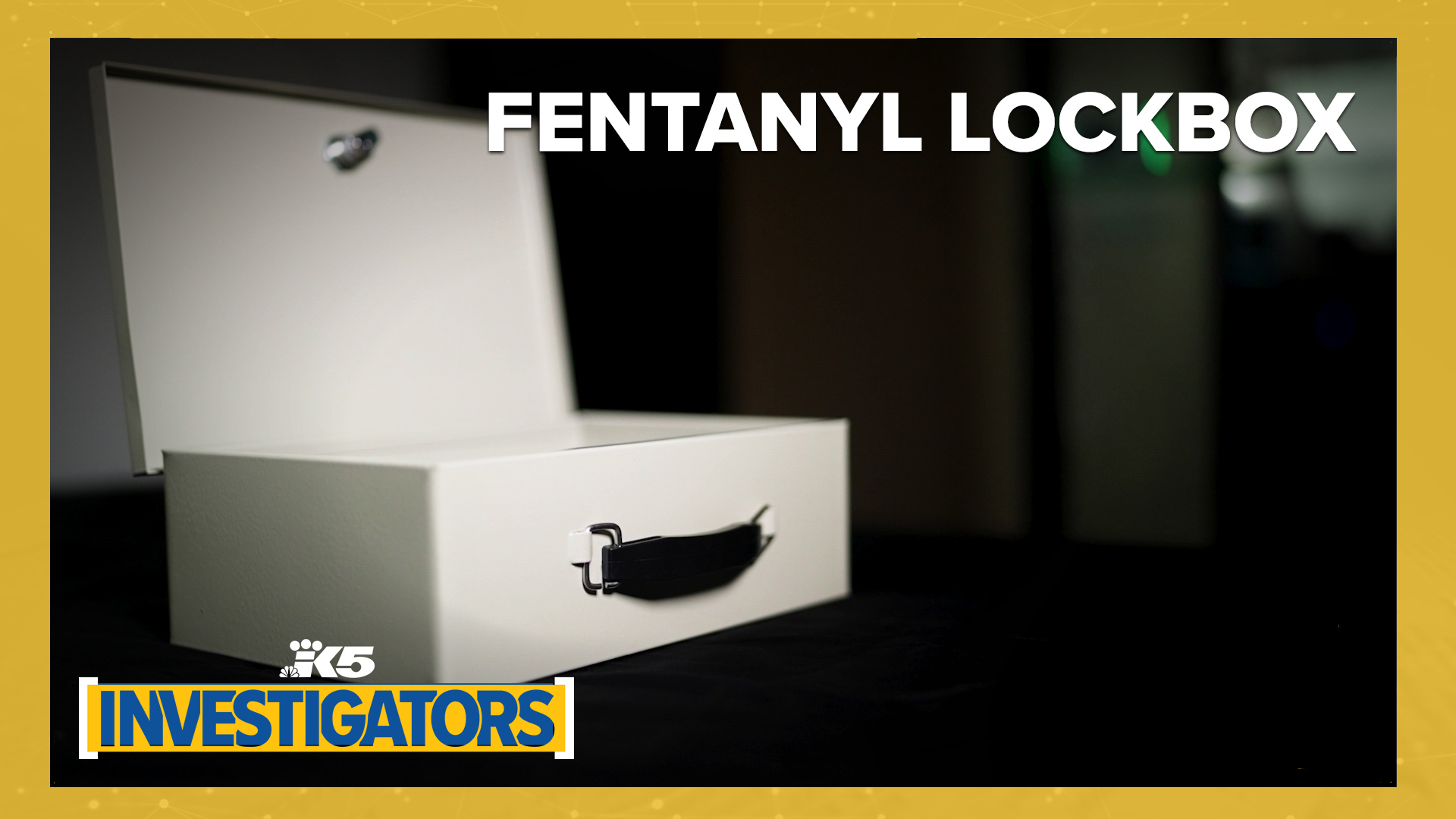The rape of a 13-year-old girl at a slumber party in Lynnwood in 2002 was a case that had grown cold and seemed destined to go unsolved.
According to Snohomish County court documents, the girl was asleep in her bed when a strange man woke her up, raped her and escaped undetected. The man threatened to shoot everyone in the apartment if the girl resisted or told anyone. Despite those threats, the girl reported the rape after the assailant left. She underwent a sexual assault exam at a hospital to have DNA evidence collected.
The DNA of the alleged perpetrator was put into a state and federal database called CODIS (Combined DNA Index System), but didn't match any known suspect profiles. Prosecutors filed criminal charges against the unknown suspect to prevent the statute of limitations from expiring.
The case might have gone unsolved, but in 2008 a man named Dennis Lee Wiseman was convicted of malicious mischief for vandalizing some cars -- a relatively minor property crime, but still a felony. The conviction meant Wiseman was required to give a DNA sample.
When Wiseman's DNA profile was entered into CODIS, there was a "hit" -- it matched the evidence from the 2002 rape. Wiseman pleaded guilty to first degree rape and was sentenced to 15 years in prison.
That's the way the system is supposed to work. But in neighboring King County, there's a problem: A pattern of convicted felons fail to provide DNA samples, even when ordered to do so by a judge.
These are people who've committed felonies, but the crimes are still considered relatively minor, so they're not going to prison or jail after they're convicted.
Judges routinely order these convicted criminals to return to the jail within 15 days to provide a DNA sample. But the court does not require proof of compliance; felons are trusted to follow the court's order.
But that trust is often misplaced.
Even when technicians from the King County Regional Automated Fingerprint Identification System (AFIS) set up in conference rooms in the courthouse in Kent to take fingerprints on Friday afternoons, which is when most sentences are handed down, very few people show up to submit their sample.
"It's been on the honor system," said King County Prosecutor Dan Satterberg.
Obtaining a DNA sample is a simple process, as demonstrated for KING 5 by Lisa Wray, who oversees collection of fingerprints for the King County AFIS program and also collects DNA samples.
Wray says the process involves rubbing a swab inside the cheek along the gum line for about 30 seconds on each side. She says felons can do it themselves, right in the courtroom. Once the swab is taken it's put on a collection card that's sealed and sent to the Washington State Patrol Crime Lab where scientists enter it into the CODIS database.
Getting to 100 percent
Satterberg says his office did an informal study to find out how many convicted criminals were actually following judge's orders to provide DNA samples.
"I think only about 24 percent of them actually complied," Satterberg said.
"These are people who've been ordered to comply with the law, but who have chosen not to and there has not been any repercussion and that's wrong. And I think judges should be more offended at people who don't comply with the elements of the sentence," Satterberg said.
But the judges place blame back with the prosecutors. Chief Criminal Judge Jim Rogers says judges weren't aware there was a big problem.
"It wasn't known to us that people weren't complying," said Rogers.
Rogers says it's up to prosecutors to notify judges when felons break the law.
"Judges would issue a warrant if they're informed that someone did not submit their DNA," Rogers said.
Satterberg thinks there's a better option than having a judge issue a bench warrant, which requires an officer to track down, arrest, and bring the felon to jail to obtain a DNA sample.
"The time to get compliance is when a defendant is standing in court looking up at a judge and trying to impress the judge with how they've changed their life," Satterberg said.
Satterberg's idea gained traction after KING 5 interviewed him. Judge Rogers said Thursday that he was working with Satterberg's office to put new procedures in place within a couple of weeks.
Convicted offender oral swab kits provided by the Washington State Patrol will be available in the courtroom, Rogers said. After being sentenced, felons will swab their DNA themselves and place it on a collection card. Deputy prosecutors will seal the samples and make sure they get to the state crime lab for entry into CODIS.
It takes about 90 seconds to get a sample, send it to the lab, and have a magical link back in time to cases like the unsolved 2002 rape of the 13-year-old Lynnwood girl.
"She was thrilled and relieved when the case was solved. That a name was put to a face and that person was in jail. And is still in jail," said Tammy Bayard, the Snohomish County deputy prosecutor on the case.
Rogers said he expects the new procedures to be in effect in a couple of weeks and will result in 100 percent compliance.


